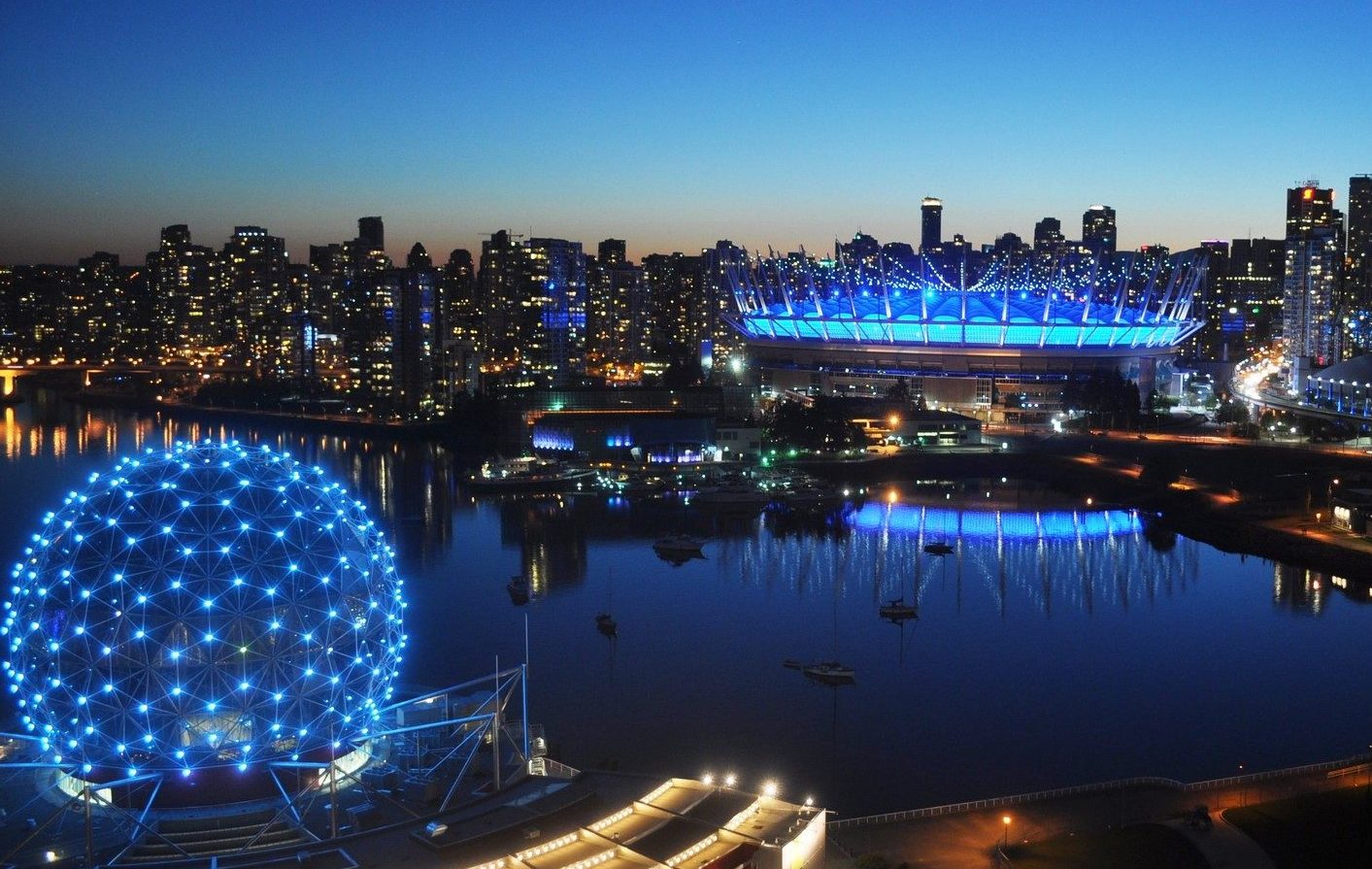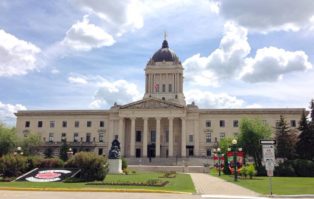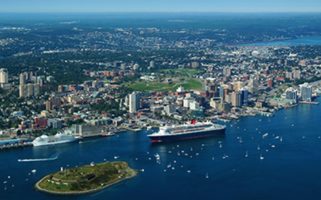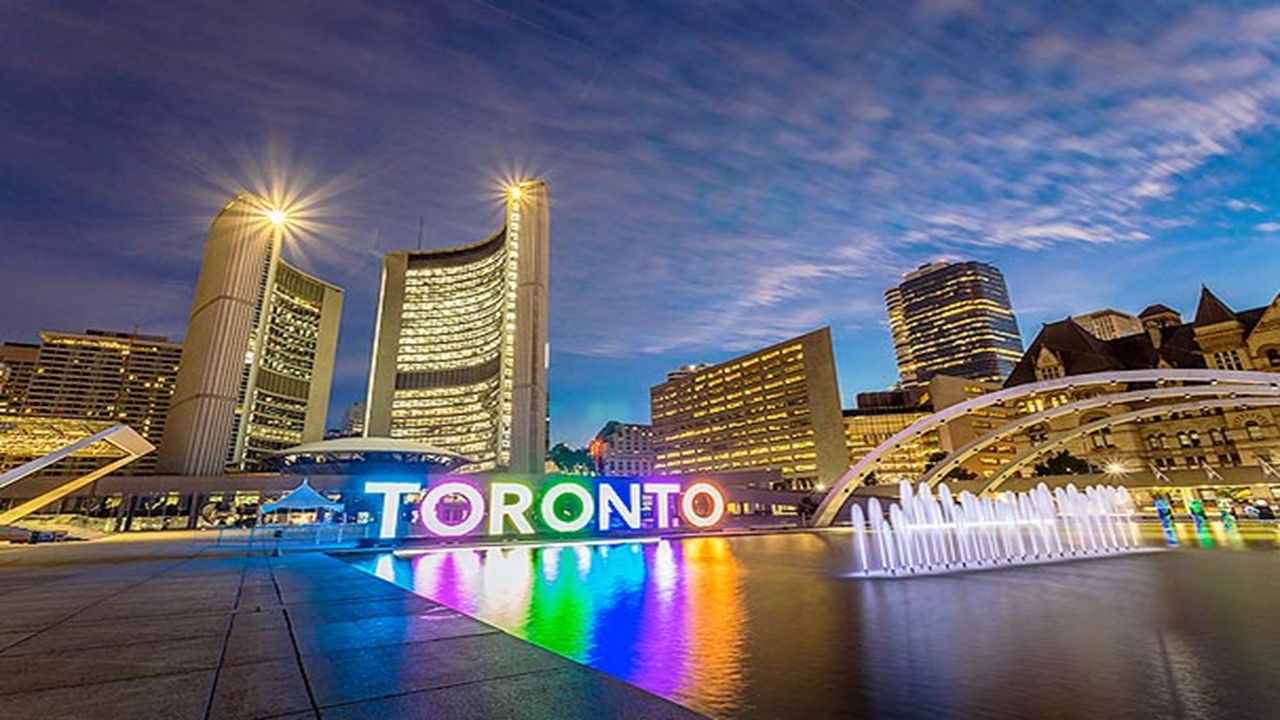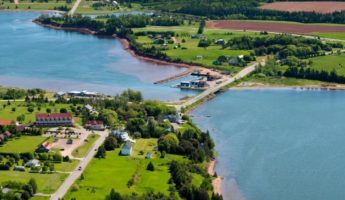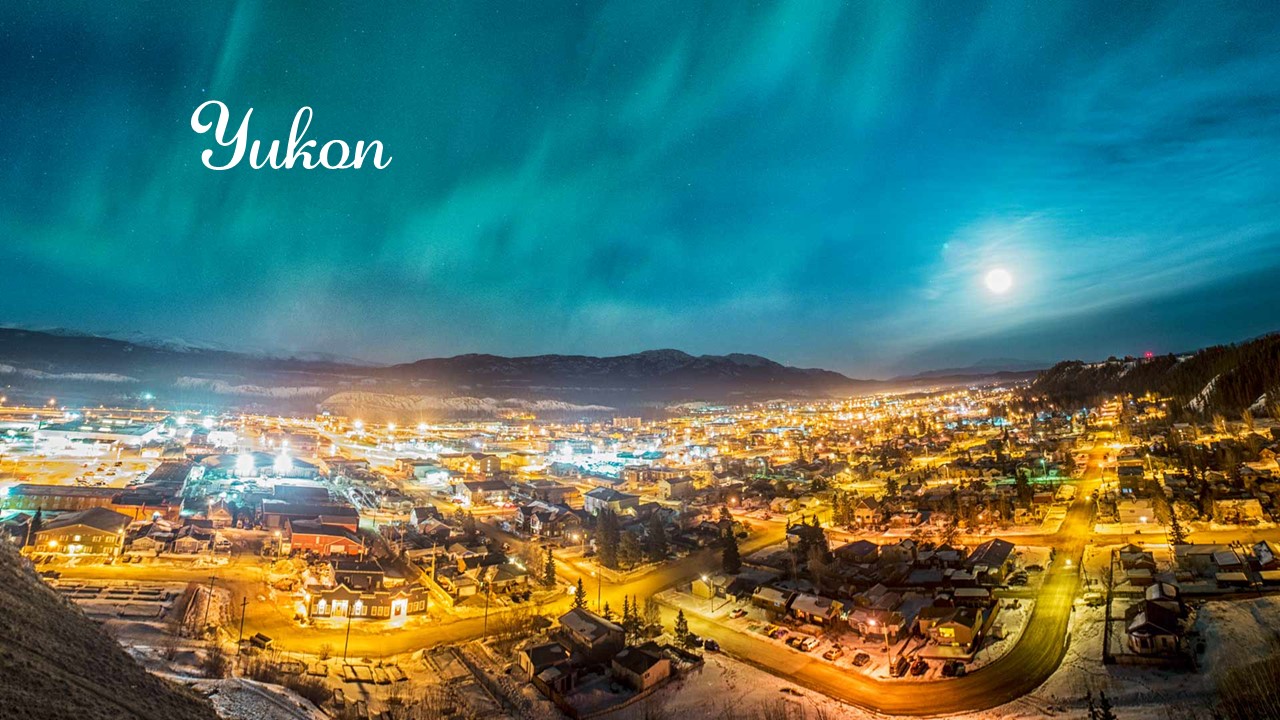Provincial Nominee Program- PNP
Provincial nominee programs in Canada
With over 50 streams available under the Provincial Nominee Program, selecting the appropriate option is not a simple process. Contact us for advice's about your options.
Prospective applicants are not always aware of all the available Options/Programs pertaining to each province in Canada. Moreover, interested applicants often fail to realize that with over 50 different programs, the PNP can be a gateway to many clients who may not have qualified under Canada’s Federal Skilled worker Category. Talk to one of our consultants now.
Eleven different programs
By virtue of Article 8 of the Immigration and Refugee Protection Act 2002; most provinces have immigration agreements with the federal government enabling the provinces to create their own tailor-made programs in order to attract newcomers that intend to settle in a province or territory. These are known as Provincial Nominee Programs (PNP’s).
There are eleven different Provincial Nominee Programs in Canada:
- Alberta
- Manitoba
- Newfoundland and Labrador
- Ontario
- Saskatchewan
- British Columbia
- New Brunswick
- Nova Scotia
- Prince Edward Island
- Yukon and
- Northwest Territories
Each one of them offers different streams and categories to apply, according to their needs and eligibility criteria.
With such vast information and details, selecting the appropriate option is not a simple process. This is why our consultants are here to explain to the client under which stream he/she qualifies for Canadian Permanent Residency. Please contact us for more details.
Provincial nominee programs for skilled workers
Every province has a program whereby an individual with a full-time job offer from an employer in the province can obtain permanent residency via one of the provincial nominee programs. The recruitment/hiring of foreign skilled workers will fill the labour shortages and have a positive impact on the economy. The gist behind PNP programs is that they open the door to Canadian Immigrants who may not have qualified under the FSW points-based system. It is noteworthy mentioning that provincial nominees are not assessed on the six selection factors of the Federal Skilled Workers Program.
Provincial nominee programs for business immigration
Similar to the provincial nominee programs for skilled workers, most provinces have immigration programs to attract business immigrants. This is considered economically viable due to the fact that some provinces offer lower net worth/investment thresholds, which could be more attractive than the current federal scheme.
Given the current backlog in the federal Immigration process, an application through one of the PNP’s is processed in a substantially shorter span of time. (See – Auditor General of Canada, 2009).
Overview of process
The process is as follows:
- Submit an application to a particular province.
- Successful/prospective Applicant will receive a provincial nomination certificate from the province.
- Application will be sent to the federal authorities undergo Medical/Background (Security) checks. Upon completion, the permanent residence visa is issued to the applicant.
Provincial Nominee Programs are constantly changing and expanding to accommodate newcomers. We possess genuine in-depth knowledge pertaining to PNP’s. Contact us for advices and to ensure you a smooth transition to Canada.
Under Canada's Constitution, the federal government and each province and territory share the authority to manage the country's immigration system.
As such, the Provincial Nominee Program (PNP) allows Canadian provinces and territories to nominate individuals who wish to immigrate to Canada and who are interested in settling in a particular province. The only exceptions are the Northern Canada territory of Nunavut and Quebec. Instead, the province of Quebec has the authority to establish its own selection criteria for economic immigration.
The main purpose of the PNP is to spread the benefits of immigration across Canada. Prior to the launch of the PNP in 1998, most of Canada's immigrants settled in Ontario, Quebec, and British Columbia. Since 1998, however, Canada has seen a broader distribution of immigration across the country since the Prairie provinces (Alberta, Saskatchewan, and Manitoba) and Atlantic provinces (New Brunswick, Nova Scotia, Prince Edward Island, and Newfoundland and Labrador) have enjoyed more success attracting immigrants thanks in large part to the PNP.
Each PNP has at least one immigration stream that is aligned with the federal Express Entry immigration selection system. Provincial nominations issued under these Express Entry-aligned streams are known as 'enhanced nominations'. The benefits of enhanced PNP streams are that they award Express Entry candidates an additional 600 Comprehensive Ranking System (CRS) points, which essentially guarantee they will receive a permanent residence invitation under Express Entry. Another major benefit is they can have their permanent residence application processed by the federal government quicker, typically within six months. The other way to obtain permanent residence through the PNP is under a 'base' stream. Here, you apply to a PNP stream directly and once you obtain a provincial nomination, the federal government will process your permanent residence application.
Provincial nomination is an important fast-track option for Canadian permanent residence.
The Provincial Nominee Programs (PNPs) allow Canadian provinces and territories to nominate individuals who wish to immigrate to Canada and who are interested in settling in a particular province.
Each Canadian province (except Quebec, which has a different selection system) and two territories have their own unique Provincial Nominee Programs. Participating provinces and territories sign agreements with Immigration, Refugees and Citizenship Canada (IRCC) that allow them to select immigrants who meet the requirements that they have set forth.
Provincial and territorial governments have been using these programs to more effectively and efficiently welcome newcomers to their region. Each PNP is tailored to the province's/territory's specific needs to select nominees who will be able to settle into life and work in the region and to effectively contribute to the community. As of 2015, most PNPs contain at least one immigration stream aligned with the federal Express Entry immigration selection system. These are known as 'enhanced' nominations; click here to learn more about how the PNPs function with respect to the Express Entry system.
Browse PNPs by province/territory
PNP immigration streams currently available per province or territory
Express Entry
- British Columbia
- Manitoba
- Saskatchewan
- Ontario
- New Brunswick
- Nova Scotia
- Newfoundland
- Prince Edward Island
- Yukon
- Northwest Territories
Skilled Worker (Professional)
- Nova Scotia
- Ontario
- Alberta
- British Columbia
- Prince Edward Island
- Manitoba
- New Brunswick
- Saskatchewan
- Newfoundland
- Northwest Territories
- Yukon
International Graduates
- Alberta
- British Columbia
- Manitoba
- Newfoundland
- Nova Scotia
- Ontario
- Saskatchewan
Business Immigration
- British Columbia
- Manitoba
- New Brunswick
- Northwest Territories
- Ontario
- Prince Edward Island
- Saskatchewan
- Yukon
Interested in Business/Entrepreneur immigration? Click here to compare all PNP entrepreneur categories.
Semi-Skilled Worker
- Alberta
- British Columbia
- Saskatchewan
- Northwest Territories
- Yukon
Before submitting an application to immigrate to Canada, a nominee must first receive a Provincial Nomination Certificate from the province/territory. After a successful nomination by a province/territory, a separate application must be made to Citizenship and Immigration Canada for your Canada Immigration (permanent resident) Visa. Provincial Nominee Program processing times vary from one Canadian immigration visa office to another.
The province of Quebec, where Montreal is located, does not participate in the Provincial Nominee Program. Instead, the Governments of Quebec and Canada have entered into a series of agreements by which Quebec has established its own selection criteria for all economic immigrants with an intention to reside in Quebec.
The Latest PNP Results
You can view the results of all PNP draws conducted this year on our dedicated page. Here, you will see when the latest draws have taken place, the selection criteria, and the number of candidates who received provincial nominations.
Frequently Asked Questions
1. Do PNP immigrants find good jobs in Canada?
Yes. Research by Immigration, Refugees and Citizenship Canada (IRCC), Statistics Canada, Canada's provinces and territories, and academics show that immigrants who arrive through the Provincial Nominee Program (PNP) have strong labour market outcomes. They are often able to integrate quickly into the Canadian job market. The research shows that PNP immigrants tend to earn high wages, have high rates of labour force participation and employment, and low rates of unemployment.
Reasons for the success of PNP immigrants include:
- PNP immigrants are nominated based on meeting the local labour market needs of Canada's provinces and territories.
- They have high levels of human capital including strong language skills, education, work experience, and Canadian connections.
- PNP selection criteria often screens for Canadian work experience, Canadian education, and pre-arranged employment in Canada.
2. How does the PNP process work?
The process depends on which PNP stream you are applying to. PNP streams either have a paper-based process or an online process through Express Entry.
The biggest benefit of going through an Express Entry stream is you can have your permanent residence application processed by Immigration, Refugees and Citizenship Canada within 6 months, compared with longer processing times for paper-based applications.
When you reach the permanent residence application phase of the process, everyone needs to complete medical and police checks.
Paper-based process:
Step 1: Find out if you are eligible for the PNP.
Step 2: Apply to a given PNP stream.
Step 3: If you are nominated (approved) by the province or territory, submit a paper application for permanent residence to IRCC.
Step 4: Pass a medical exam and get a police check.
Step 5: Once you are approved by IRCC, you can complete your permanent residence landing in Canada.
Express Entry process:
Step 1: Find out if you are eligible for the PNP.
Step 2: Apply to a given PNP stream.
Step 3: If you receive a provincial nomination, create an Express Entry profile on IRCC's website and indicate you have been nominated.
Step 4: Once you receive an Express Entry invitation to apply for permanent residence from IRCC, submit your permanent residence application to IRCC.
Step 5: Pass a medical exam and get a police check.
Step 6: Once you are approved by IRCC, you can complete your permanent residence landing in Canada.
Alternatively, you can submit an Express Entry profile to IRCC and then indicate to provinces and territories which jurisdictions you are interested in. A province or territory can then send you a "notification of interest". You can then contact the province or territory to go through the provincial nomination process. Once you obtain the provincial nomination certificate, you will receive 600 additional Express Entry Comprehensive Ranking System (CRS) points which will essentially guarantee that you will get a permanent residence invitation from IRCC. Once you get this invitation, you go ahead and submit your permanent residence application to IRCC, pass a medical exam and get a police check, and then eventually complete your permanent residence landing in Canada.
3. Do I need a job offer or do I need to study in Canada to obtain a provincial nomination?
No. Various PNP streams do not require a job offer or Canadian work or study experience in order for candidates to be eligible to successfully receive a nomination.
4. Why does Canada have the PNP?
The purpose of the PNP is to promote economic growth across Canada.
Canada's Constitution states that immigration is an area of shared federal-provincial jurisdiction, with the federal government having the final say on immigration matters.
For much of Canada's history, the federal government managed the immigration system with little involvement from the provinces and territories.
Beginning in the 1960s, the francophone province of Quebec requested more authority from the federal government to select immigrants so that it could help to strengthen its francophone character. Today, Quebec has the most authority among all of Canada's provinces and territories in terms of selecting and settling immigrants.
In 1998, the federal government and provinces agreed to launch the Provincial Nominee Program (PNP). The purpose was to help smaller provinces attract immigrants who up until that point mainly went to Ontario, Quebec, and British Columbia. These smaller provinces wanted a dedicated program to enable them to create selection criteria and recruit economic class skilled immigrants that met their labour market needs.
The PNP has since expanded and operates in every Canadian province and territory except Quebec and Nunavut. It is widely regarded as a success and is seen as a key driver of economic growth across the country since the arrival of PNP immigrants supports employment, investment, entrepreneurship, and spending.
5. Can I apply to Express Entry and a PNP at the same time?
Yes. You can submit an Express Entry profile and also apply directly to a PNP stream at the same time.
One of the benefits of entering the Express Entry pool is you make yourself visible to provinces and territories who can review your profile and decide to provide you with an invitation to apply to their PNP. If you accept their invitation, you would submit a completed PNP application to the province or territory. Once you application is approved, you will receive a nomination certificate which will provide you with an additional 600 Comprehensive Ranking System (CRS) points under Express Entry, and virtually guarantee you will receive an invitation to apply for permanent residence under Express Entry.
6. Which PNP stream is the easiest?
Each candidate's circumstances are different. You should conduct your own research or reach out to an immigration lawyer in order to identify which PNP options may be most suitable for your situation.
7. How many immigrants does Canada welcome through the PNP each year?
Under its Immigration Levels Plan, Canada seeks to welcome over 80,000 immigrants through the PNP each year.
8. Can my family come to Canada with me if I obtain a provincial nomination?
Yes, close family members can move to Canada with you and also obtain permanent residence.
Close family members include:
- your spouse or common-law partner
- dependent children
- dependent children of your spouse or common-law partner
- dependent children of dependent children
Dependent children are:
- under 22 years old and not a spouse or common law partner
- 22 years of age or older, depended significantly on financial support from their parents before the age of 22 and can not support themselves financially due to a physical or mental condition
9. Which provinces in Canada have the most jobs?
Canada is a diverse economy with many job opportunities in each province and territory. It is recommended that you conduct research to identify job opportunities that meet your professional background and career goals. Each PNP stream is also designed to provide skilled worker candidates with the best opportunity to succeed in the province or territory. This is because PNP streams are each setup to identify candidates who have the professional backgrounds and skills that are in high demand in the province or territory.
10. How can I learn more about the PNP?
IRCC's website contains more information on the PNP.
Alpha Consultants also offers helpful resources including:
- The PNP main page to easily navigate various PNP streams.
- Free assessment to find out which PNP streams you are eligible for.
- PNP Results to keep up to date on the latest draws.
- You are also welcome to contact us if you have any questions.
11. Can I move to another province after immigrating to Canada through the PNP?
Canada's Constitution allows Canadian citizens and permanent residents to move freely within the country. You are allowed to move to another province if you obtained permanent residence through the PNP, however you are strongly encouraged to be honest about your residency intentions when submitting your PNP application. Misrepresenting your intentions is a serious offense and can lead to consequences for you. It is best to pursue a PNP stream in a province or territory that you believe meets your professional and personal needs.
Some PNP streams will provide a candidate with a work permit. Once the candidate has met certain criteria, the province or territory may issue a nomination certificate to the candidate so they can apply for permanent residence. In such cases, you need to reside in that province or territory while you hold a work permit in order to meet the conditions to get a provincial nomination.
12. What are the language requirements for the PNP?
Each PNP stream has its own language standards. You will need to complete one of the following officially designated language tests. Your language test results are valid for two years:
English
- CELPIP General
- IELTS General Training
French
- TEF Canada: Test d’évaluation de français
- TCF Canada : Test de connaissance du français


